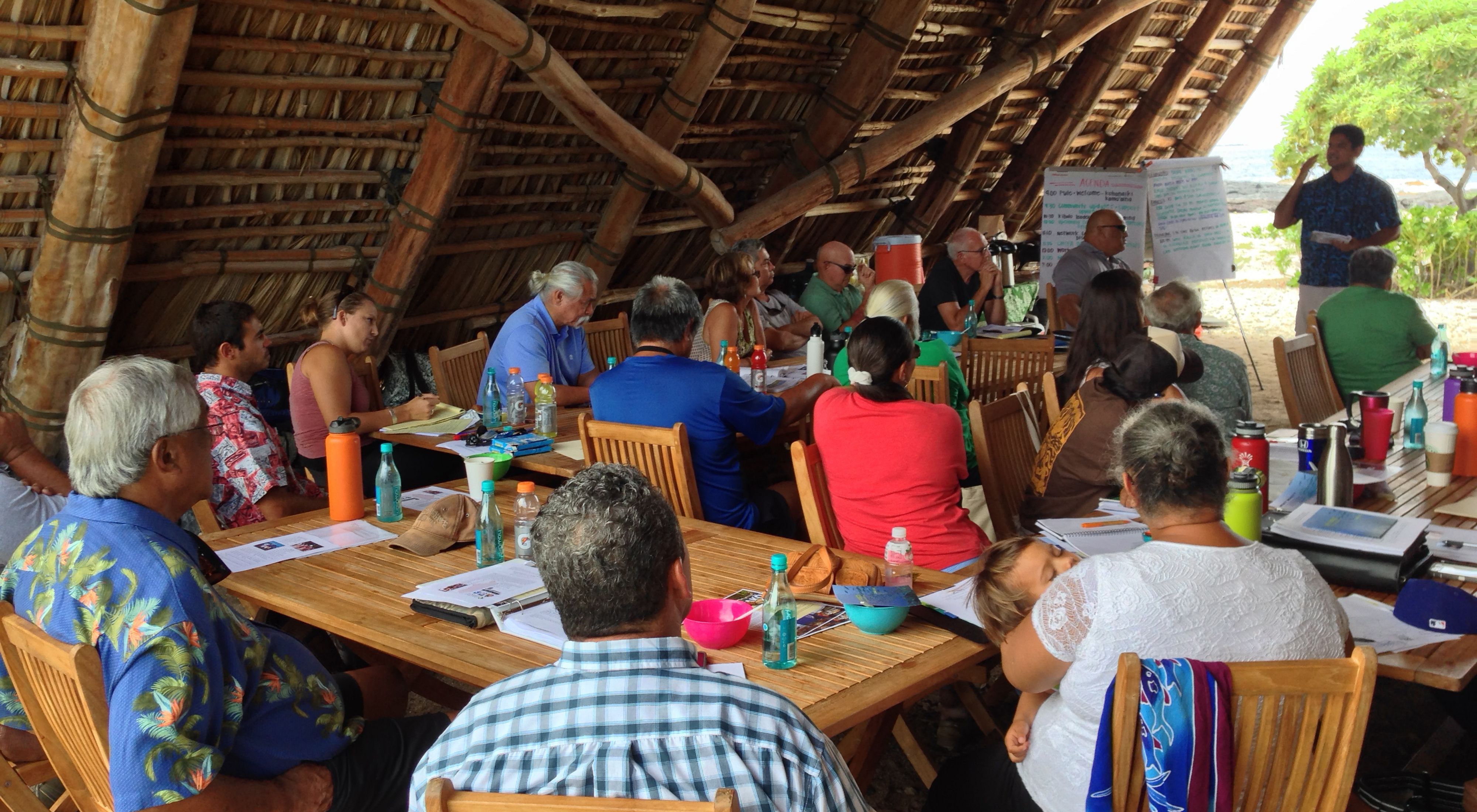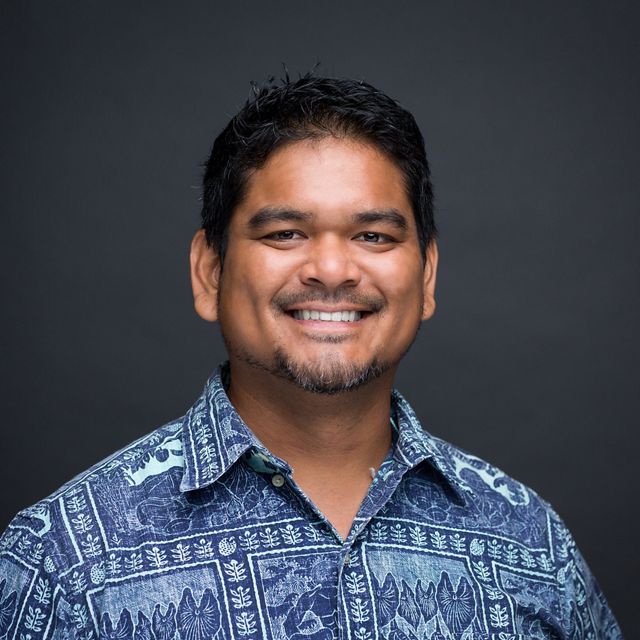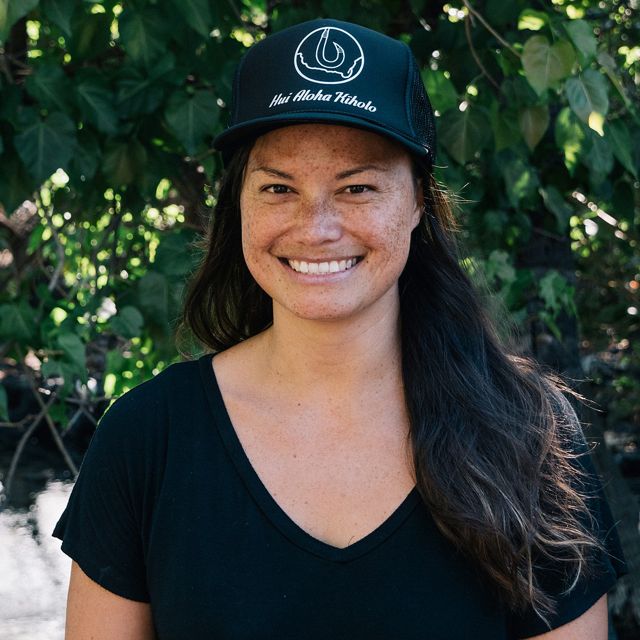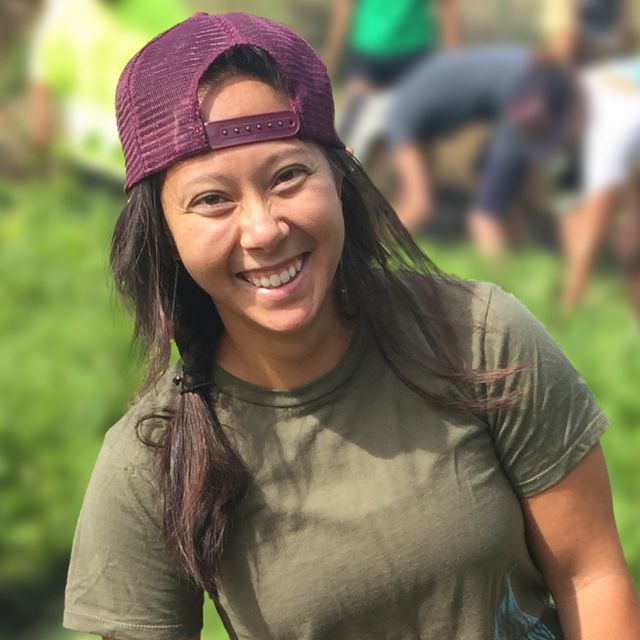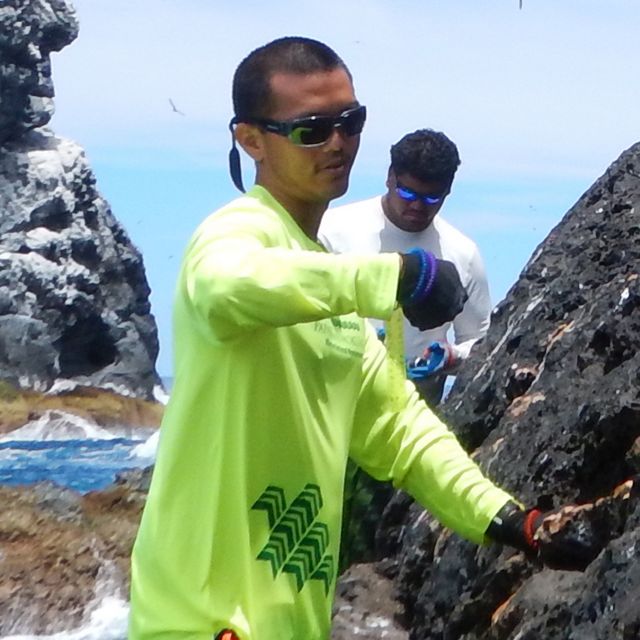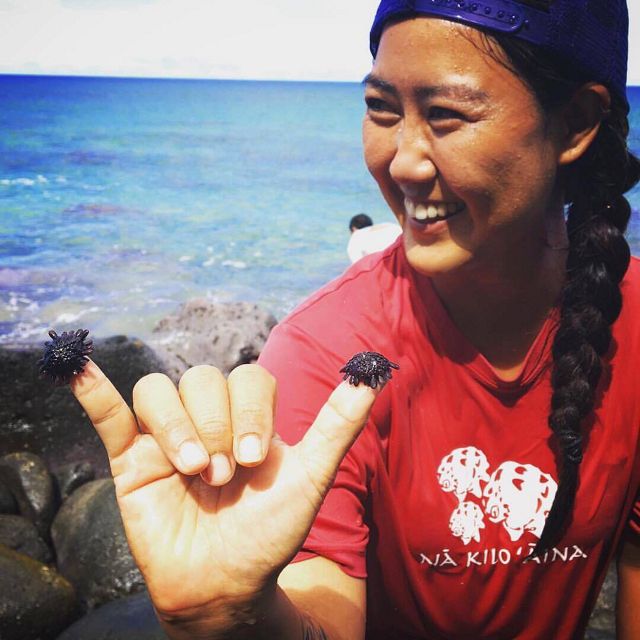Strengthening Conservation Management and Leadership
Enduring conservation relies on effective management, supporting policies and local leadership.
Strengthening Management
Dozens of community groups across the islands are pursuing co-management of marine resources in partnership with the State of Hawaiʻi. With a deep understanding of traditional Hawaiian management practices and extensive knowledge of local conditions, these groups are working to restore and sustain ancient fishponds, ancestral fishing grounds, coral reefs and other areas vital to Hawaiʻi’s people, culture and economy through improved management enhanced by supportive policies.
TNC works with community partners, blending traditional practices and local expertise with the latest science to develop robust conservation plans that guide their work, design and implement effective management strategies, and monitor changes over time to inform adaptive management. TNC also works with community partners to develop proposals and build support for formal protection of their areas, such as through the State’s Community-Based Subsistence Fishing Area (CBSFA) designation established to preserve Native Hawaiian subsistence fishing practices.
Working with communities and State government partners, we also help strengthen management of protected areas, such as the ‘Āhihi-Kīna‘u Natural Area Reserve and Molokini Marine Life Conservation District.
Building Leadership
To build and strengthen local leadership, we interviewed leaders at the forefront of community-based marine conservation and compiled their personal insights about how to build conservation partnerships that deliver lasting results, so current and future generations can benefit from this hard-won knowledge.
TNC also coordinates regional peer learning networks where community leaders share management tools, expertise and lessons learned with dozens of other community groups working across Maui Nui and Hawaiʻi Island. The networks provide a forum for communities to build strong ties with each other and with the State and Federal agencies responsible for managing Hawaiʻi’s marine life. Through support of these networks, TNC is helping to increase the effectiveness of community-based co-management and harness the power of collective citizen action.
- The Maui Nui Makai Network includes communities pursuing collaborative management of coastal sites on Maui, Moloka'i and Lānai. In 2020, the Network published the Mālama I Ke Kai: Community Action Guide, outlining a practical four-step process to help other groups mālama i ke kai (care for the sea).
- The Kai Kuleana Network connects 15 communities working to restore coral reefs and fish populations on the west coast of Hawaiʻi Island.
- The Hui Loko network connects 25 Hawaiʻi Island communities working to improve management of anchialine pools and fishponds, so these formerly productive aquaculture systems can once again provide food for the community.
Preparing Future Leaders
Of course, we also need leaders to carry this work forward. That’s why we provide promising young conservationists with internships and fellowships where they can acquire practical knowledge through hands-on training for successful careers in conservation. Our fellows gain valuable experience in all aspects of marine conservation and build important relationships as they work side-by-side with conservation professionals and local community partners.
By supporting these leaders and working together to blend traditional practices with the latest science for effective coastal management, we are building the momentum required to restore abundance to Hawaiʻi's reefs and fisheries so they can support healthy, prosperous communities long into the future.
Hear from some fellows and see where they are now.
